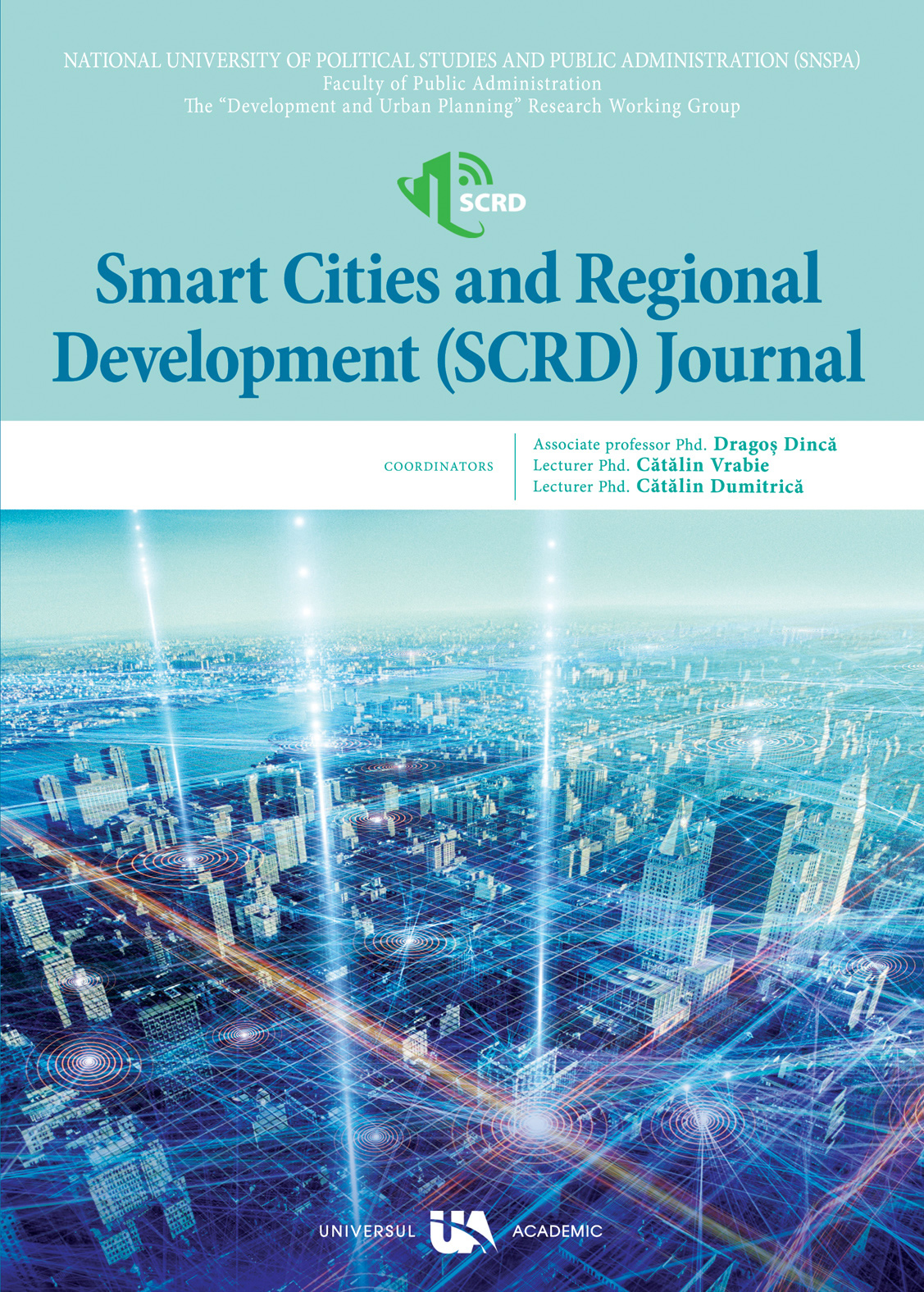E-signature and e-services in Albania
E-signature and e-services in Albania
Author(s): Tomço Vilma, Gjolleshi Edlira, PASHAJ KlorentaSubject(s): Social Sciences, Economy, Law, Constitution, Jurisprudence, Library and Information Science, Business Economy / Management, Energy and Environmental Studies, International Law, Other, Sociology, ICT Information and Communications Technologies
Published by: Editura Pro Universitaria
Keywords: e-prescription system; e-permit system; e-custom system; remote methods;
Summary/Abstract: ObjectivesSince 1997, several numbers of directives have been applied to put in power the use electronic signatures in the electronic document. In Albania there has been approved a number of laws and bylaws regulations in this field and in 2009 was established the supervisory authority for electronic signatures, the National Authority for Electronic Certification. In this article will be analyzed the current situation of the usage of e-signature in public and private sector. Then will be reviewed the e-governanment systems using electronic signatures. At the end will be given recommandations stated in the Value section below.Prior workIn June 2014, was approved the new European Regulation known as e-IDAS. Since Albania is non-EU member state aspirant to be member of EU, there is a need to have a mechanisms for building paperless procedures in different sectors. Some efforts to implement e-documents at institutional level are pending, do to the need to use digital signiture and digital seal. ApproachIn order to capture the evidences in this article are used the methods of observation and case study of e-custom, e-prescription and e-permit systems in Albania as well as some draft studies done from international institution. In order to analyze benefits of using e-signature will be shown case studies from EU countries like Austria, Italy, Germany, the Netherlands and France.ResultsAs information technology is developing rapidly, it is necessary to apply innovative, simple and secure methods, such as remote methods. This method, treated as a new concept in European regulation, is used by some EU countries. In this article will be shown the benefits of the remote method and how to apply it.ImplicationsThis article contains implications for the groups of academics, who can use the statics and case studies in order to improve and update their lectures; for researchers who can take to another level the recommendations and for the practitioners who can update their knowledge on e-signature and e-services in Albania.ValueThis article gives recommandations for building a customs system or mechanism for e-documents accompanying import goods, as well as recommendations for increasing the standards of service delivery to the public and private sectors and general recommendation for the use of methodology in the region (replicability aspect) and guidelines for public administration and business how they can improve public services for citizens in the right and secure way.
Journal: ORAȘE INTELIGENTE ȘI DEZVOLTARE REGIONALĂ
- Issue Year: III/2019
- Issue No: 02
- Page Range: 77-93
- Page Count: 18
- Language: English

